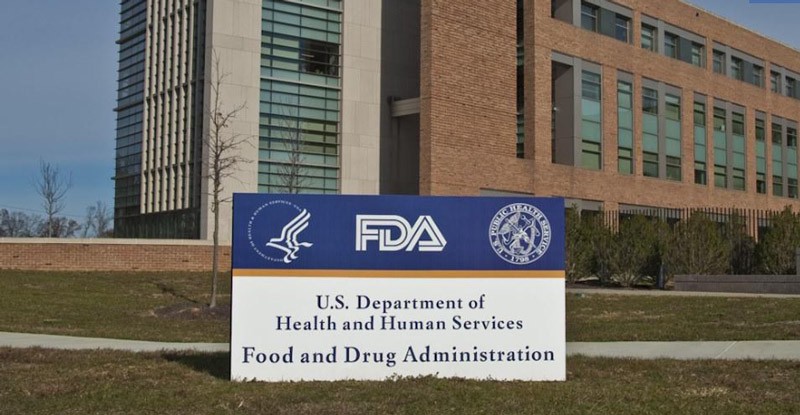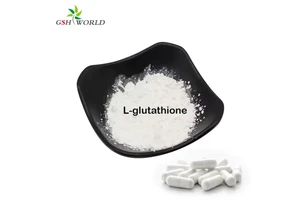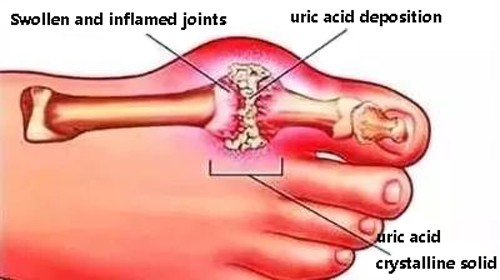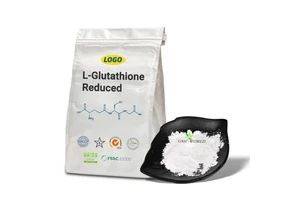FDA to adjust CAR-T cell therapy for secondary cancer black box warning
In light of the latest developments, the U.S. Food and Drug Administration (FDA) is planning to revise the secondary malignancy risk warning for CAR-T cell therapy based on the latest safety data.

At the same time, the industry is actively pushing to simplify treatment labeling requirements to improve patient access and accelerate the exploration of CAR-T therapy's potential in emerging indications such as autoimmune diseases.
This adjustment comes as several studies have confirmed that the risk of secondary cancer associated with CAR-T therapy is actually lower than that of conventional standard therapy, and part of the risk is related to the patient's pre-existing disease characteristics.
For example, the University of Pennsylvania study found that patients may already have tumor "seeds" in their bodies before CAR T treatment, and the treatment may promote cancer through the inflammatory environment rather than directly causing it.
Peter Marks, director of the FDA's Center for Biologics Evaluation and Research (CBER), recently stressed that the revised warning will more accurately reflect the balance of risks and benefits, providing a clear basis for clinical decisions.

In the industry, companies are improving the accessibility of CAR-T therapy through multi-dimensional measures.
In response to the current stringent labeling requirements, Bristol-Myers Squibb (BMS) proposed to reduce the length of patient stay from four weeks to two weeks, and explore the feasibility of community hospitals to undertake follow-up treatment.
The FDA has proposed a "tiered care system" that would authorize non-academic medical centers to provide care for low-risk patients, while optimizing outpatient management processes to allow some patients to receive day care.
These initiatives are expected to increase treatment coverage from about 20% today to more than 50%.
In the field of indication expansion, CAR-T therapy is breaking through from blood tumors to autoimmune diseases.
German researchers have successfully used CD19 CAR-T therapy to achieve drug-free remission in 5 patients with severe systemic lupus erythematosus, and no serious side effects were observed.
Clinical trials in multiple sclerosis have shown that CAR-T therapy significantly reduces markers of central nervous system inflammation in patients.
At present, 26 clinical trials of CAR-T for auto-immune diseases have entered the clinical stage, in which dual-target CAR-T designs (such as CD19/CD20) can simultaneously clear disease-causing B cells and regulatory T cells, showing higher efficacy potential.
The FDA has made it clear that as safety data accumulates, it will support CAR-T therapy as a "new pillar" for diseases such as lupus.
It is worth noting that the adjustment also involves the standardization of treatment procedures.
The FDA is promoting the establishment of a unified CAR-T therapy pathway, including optimization of pre-treatment protocols and temperature control of cell product transportation, to reduce the 30% preparation failure rate.
The use of digital health technologies to monitor patient CAR T cell activity in real time has reduced the warning time for serious side effects, such as cytokine release syndrome, from 48 hours to six hours.
These innovations have laid the foundation for the widespread application of CAR-T therapy.












